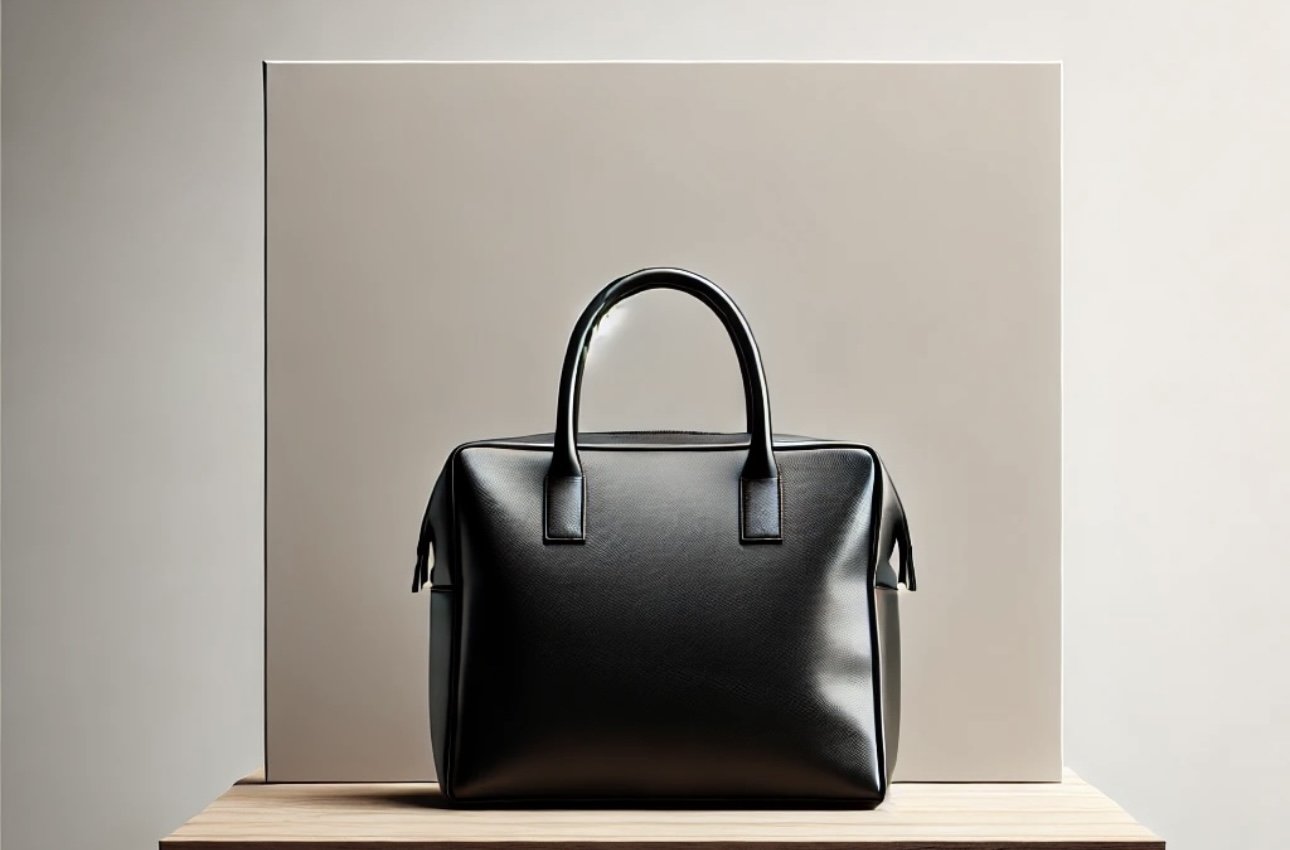Why Calling a $398 Bag "Cheap" is an Insult to Fashion
A $398 bag isn’t just a purchase; it’s a statement. Yet, within certain fashion circles, such a bag might be unfairly labeled as "cheap." This perception not only undervalues the craftsmanship but also overlooks the intersection of culture and fashion that shapes our understanding of luxury.
Designers like Isaac Mizrahi and Marc Jacobs, who have made their names synonymous with high fashion, have expanded their reach through collaborations with stores like Target. These collaborations aim to democratize fashion, making it accessible without compromising on quality. However, the availability of these designs in mainstream retail often leads to the misconception that they are somehow less valuable.
Fashion reflects societal changes and influences our perceptions of value. The rise of fast fashion has altered our understanding of luxury, making a $400 bag seem "cheap" compared to brands like Gucci or Louis Vuitton. This shift in perception diminishes the work of designers who strive to create accessible luxury.
Take Coach, for example. Known for their blend of affordability and quality, Coach bags are often preferred by handbag enthusiasts for their functionality and durability over more expensive options like Chanel. This preference highlights the meticulous craftsmanship that goes into each piece, challenging the notion that higher cost always equals higher quality.
True luxury is about more than just the price tag. It’s about the experience, satisfaction, and personal significance a product brings. For many, a $398 bag represents hard work and achievement. It’s a tangible reward that balances fashion, functionality, and personal gratification. Redefining luxury in this way includes the diverse realities of consumers who find joy in their stylish, yet more affordable purchases.
Fashion should celebrate designers who bridge the gap between high fashion and everyday affordability. Disparaging these brands as "cheap" undermines their contributions and the opportunities they create for people to own a piece of the fashion pie.
As we continue to evolve our understanding of luxury, it’s clear that brands like Isaac Mizrahi, Marc Jacobs, and Coach remain influential. They prove that affordability and luxury can coexist, and their presence in both high fashion and mainstream retail speaks volumes about their relevance.
Next time you see a $398 bag, think about the craftsmanship, heritage, and cultural significance it embodies. It’s not just a bag; it’s a testament to the evolving landscape of fashion where true luxury is defined by personal value, not just the price tag.

